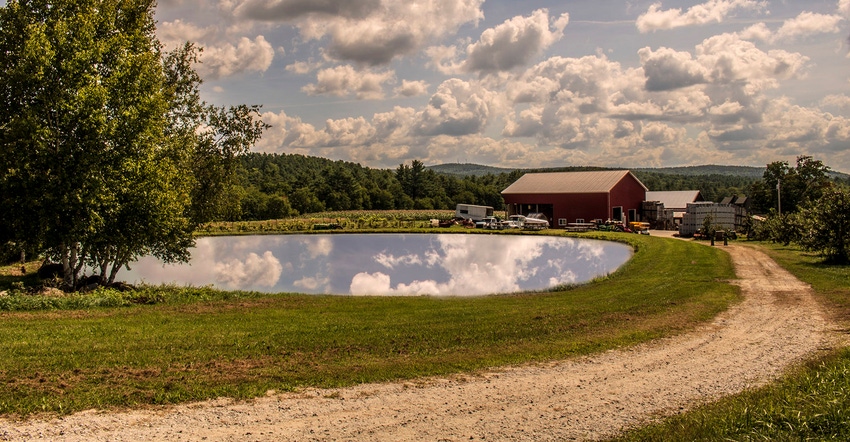
EPA and the Army Corps of Engineers (Corps) clarify in a new proposal for Waters of the United States what is NOT a wetland. Groundwater, including groundwater which is drained through a tile system, is one of these exclusions!
This exclusion is aimed at the Des Moines Water Works case and others who want to claim farm tile or any agricultural drainage through a tile should be a point source.
Ephemeral surface features and diffuse stormwater runoff such as sheet flow over uplands is excluded as a WOTUS.
Ditches, too
EPA and the Corps “…would exclude all ditches from the definition of waters of the United States except those ditches identified in paragraph (a)(3) of the proposed rule.” The ditches which would be WOTUS are those connected to a tributary which would satisfy the conditions of being a tributary.
Another exclusion helpful to agriculture is prior converted cropland. This exclusion has been in prior definitions of what is or is not a wetland.
What continues to be dangerous to farmers regarding this exemption is USDA’s definition of the swamp buster provision administered by NRCS. For example, if land has been productive and used decades ago and then allowed to go fallow and farming begins again on the land after December 23, 1985, a farmer or rancher may get attacked by USDA.
Even so, there’s more good news in the new proposal.
“The agencies also propose to exclude artificially irrigated areas, including fields flooded for rice or cranberry growing, that would revert to upland should application of irrigation water to that area cease.” This exemption appears to be aimed at a case in Massachusetts where EPA has pursued one cranberry farmer and his family for approximately 28 years.
It would appear relief has come too late.
The Trump administration, to be very clear, proposed to “…exclude artificial lakes and ponds constructed in upland, such as water storage reservoirs, farm and stock watering ponds, settling basins, and log cleaning ponds, as long as they are not subject to jurisdiction under either paragraph (a)(4) or (a)(5) of the proposed rule.”
EPA and the Corps under the Trump administration will exclude water-filled locations in uplands which are created by mining, construction activity, from obtaining fill, sand, or gravel. Under the Obama administration there was a possibility of these water-filled depressions being declared a WOTUS. Environmentalists howling
Environmental groups, of course, are howling over the fact that many water features are no longer subject to the long arm of EPA and the Corps. The agencies do make it clear these water-filled depressions must be in “uplands”. For example, stormwater control features which are excavated or constructed in uplands to treat or store stormwater are excluded from WOTUS. Note that these features are not excluded from WOTUS if they are constructed in a wetland.
To make it clear, the agencies exclude any structure such as “…detention, retention, and infiltration basins and ponds and groundwater recharge basins.” Again, all these must be constructed in uplands. EPA and the Corps rely on the U.S. Supreme Court case of Rapanos. That case made it clear that the waters just discussed “…were not primarily the focus of the CWA (Clean Water Act) such as channels that periodically provide drainage for rainfall.”
The proposed Trump administration rule from EPA and the Corps claims that it wants to be very specific about excluding waters and water features from being a WOTUS. The two agencies believe they have comprehensively excluded certain waters and features which are not WOTUS.
This proposal is a clear example of the President and his administration attempting to keep government agencies from taking private property.
The opinions of the author are not necessarily those of Farm Futures or Farm Progress.
About the Author(s)
You May Also Like




